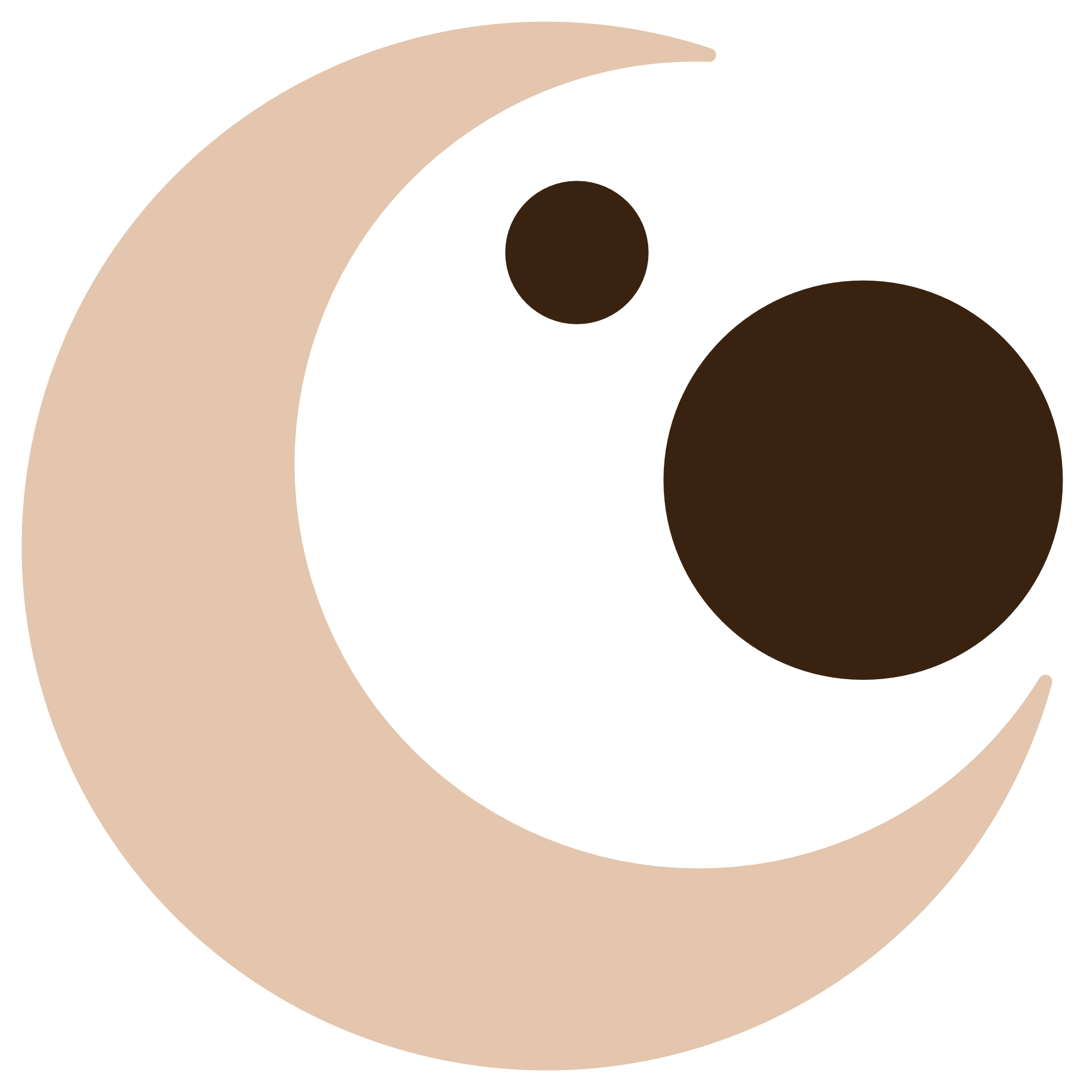There was always a part of me that I wanted to disappear. I wanted to erase it and scrub my hands clean. But it’s stuck. Stuck in my brain, stuck in my name, stuck on my skin.
Being Pakistani, I am blessed with thick hair and sun-kissed skin. I am surrounded by a colorful culture filled with heavy clothing, delicious foods, and upbeat music. At school, however, I was teased for my complexion and different culture. The hair on my arms became a constant joke. It did not help when even my grandmother suggested: “bathe in milk to become fair.” To me, there was nothing rich about the culture. I wanted to simply blend in with my friends because they were not teased. Growing up in Eurocentric America, despite the diversity of my community, was difficult as a person of color. It was especially hard to embrace a culture I felt I didn’t belong in because of the lack of community. Most of my peers were Caucasian and it was easier to be accepted if my appearance, characteristics, and actions fell in line with “American” culture.
At age fifteen, everything changed when I was immersed in my culture through a family member’s wedding. In the past, I was a spectator sitting at a table; this time I had a behind-the-scenes glimpse of a complex culture. I was hesitant to participate in the various wedding activities and dress up in heavy Kurtis, but being around many other Pakistanis who were not only content but excited to be there piqued my curiosity.
Following a week of wedding festivities, I took time to understand the meaning behind our traditions. My grandparents educated me on the many different events (there are five and a half), henna artists explained what the designs symbolized (henna paste is believed to bring good luck and is worn for weddings and religious celebrations like Eid), and I tried biryani for the first time (a chicken and rice dish made with several spices; I like surprises but biting into cardamom was not a pleasant one). I began to appreciate the intricate, brightly-colored sarees and the choreographed dances.
By the end of the week, I learned culture ran deeper than physical appearances. I began to look at myself with pride and love, embracing my identity as a Pakistani-American. The traditions and customs we pass down continue to shape my identity and will shape the identity of future generations, and once I embraced the part of myself I always wished would disappear, I learned how to exist with both American and Pakistani influence.
College offered a new beginning, a chance to be immersed in various cultures, and the opportunity to meet people of the same background. Wanting to find a community that celebrated being Pakistani led me to join the Pakistani Students Association. The cultural club here at UCI offers a platform to connect with people from the same country but who were brought up differently. I think my favorite part of the club is the diversity among the same group of people. Some of us are from different regions of the country, some of us grew up with desi food, and some of us were raised with another culture as well. I got to explore parts of Pakistani culture I didn’t engage in before such as listening to Pakistani music artists. I also was given a space to practice Urdu, my native tongue that most of my family speaks.
My perspective of myself shifted from erasing the culture I was born into and attempting to blend into Western constructions to embracing Pakistani culture that is filled with color and spice, beauty and love. My appreciation for my own culture has inspired me to look at all other cultures with newfound love. I’m very happy to live in an environment that is home to so many different people. I have learned that we must celebrate our different cultures and identities. Loving who I am has inspired me to love and learn about those around me. I am no longer a girl who refuses to accept, I am a girl who strives to celebrate.
Edited by Erica Leal & Katherine Llave

Leave a Reply
You must be logged in to post a comment.